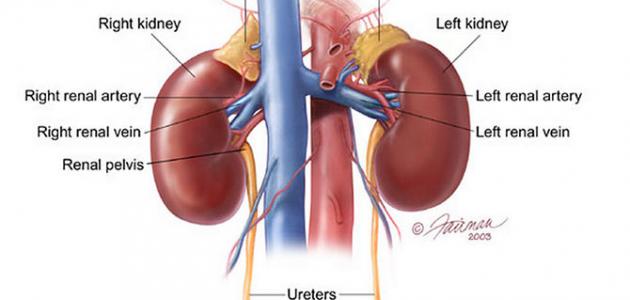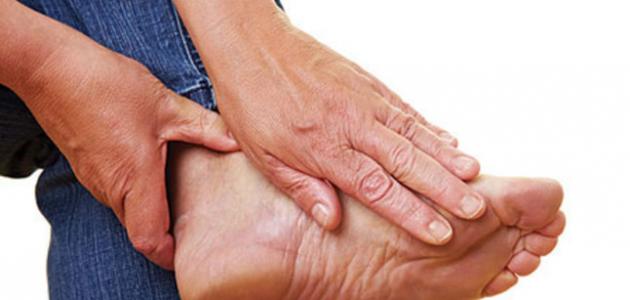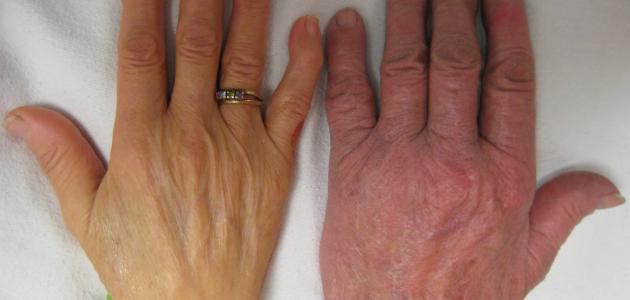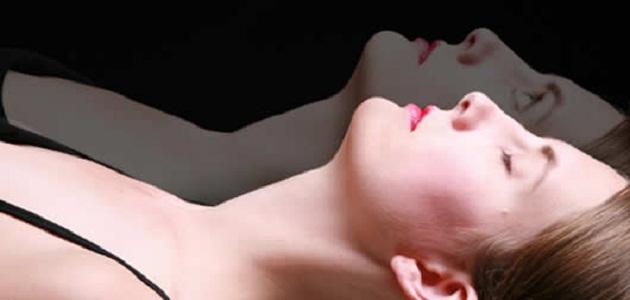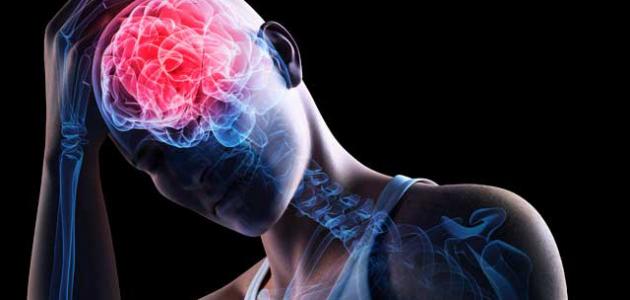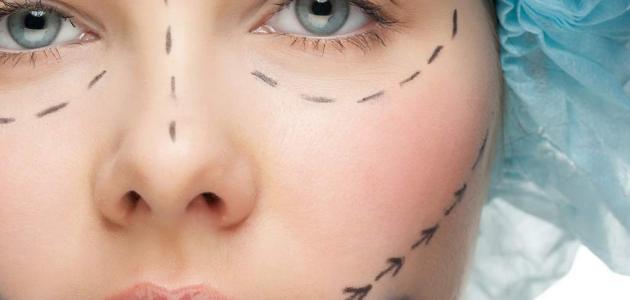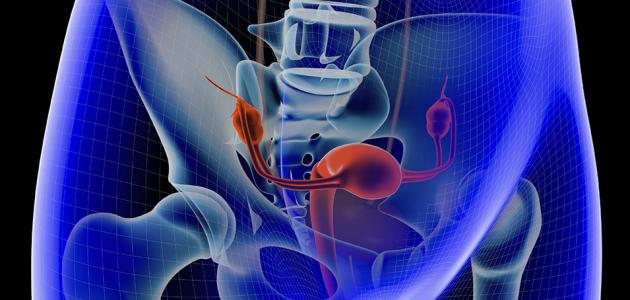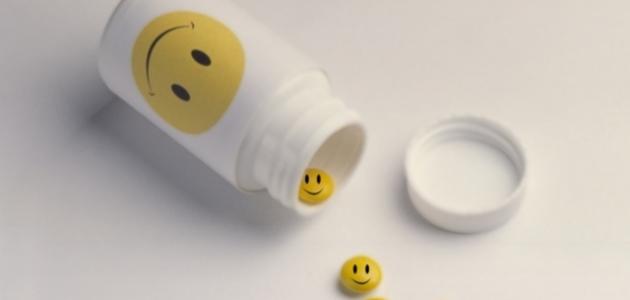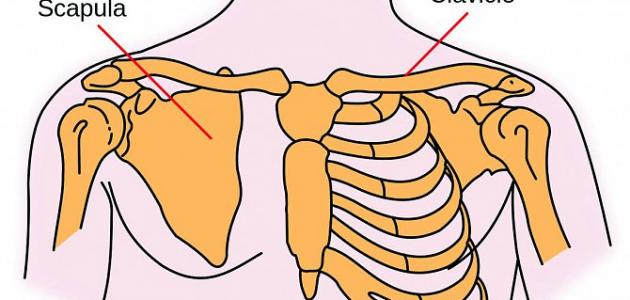Contents
Diuretics
The diuretics , or what is known as pills water from pharmacological treatments that help put the percentage of sodium and water out of the body by removing the urine form, thereby decreasing the total volume of blood, and is diuretics a safe medicines in general, [1 ] It requires a medical prescription to be dispensed, as it is not permissible to use it without consulting a doctor, and it is used in the treatment of many medical conditions; This includes high blood pressure, heart failure, and some kidney disorders. Such as kidney stones, and some eye disorders; Such as Glaucoma (*). [2]It is also used in cases of tissue swelling known as edema, which may be caused by congestive heart failure (*) , cirrhosis (*), kidney disorders, or treatment with corticosteroids or estrogen . [3]
There are many types of diuretics. Each type affects the kidneys differently. They include: thiazide diuretics, loop diuretics, potassium sparing diuretics, carbonic anhydrase inhibitors, and osmotic diuretics , [4] In general, the choice of the specialist doctor for the most appropriate type of diuretics depends on the person’s general health and the purpose of their use. It should be noted that there are different types of oral tablets that contain diuretics, some of them may include one type of diuretics, and some of them The other may include more than one type of diuretic, while other types of medicines contain diuretics in combination with a different other blood pressure medicine, [1]This does not mean that diuretics are only available as oral tablets, but rather that diuretics are available as an injection. [5]
Use of diuretics
Diuretics are used in the treatment of a number of health problems, including the following: [6] [7]
- High blood pressure: as diuretics have proven effective in controlling most cases of high blood pressure, especially the primary or essential cases of high blood pressure , especially if they are used in conjunction with a healthy diet lacking in sodium. To reduce blood pressure in the patient by reducing the total volume of blood and cardiac output, in addition to its ability to reduce systemic vascular resistance if used over long periods of time.
- Heart failure: which is also known as heart failure, as heart failure leads to the activation of the Renin-Angiotensin-Aldosterone System, which enhances the kidneys' ability to retain large amounts of water and sodium inside them, which ultimately leads to High venous blood pressure and fluid accumulation in the lungs and other organs of the body, and therefore the use of diuretics in these cases helps to excrete the excess amount of water and sodium, and thus reduce the total volume of blood, which allows the heart to pump blood more easily compared to what it used to be. Previously, this was in addition to the role of diuretics in relieving other symptoms associated with heart failure. Like shortness of breath.
- Edema: the use of diuretics in cases of edema depends on their ability to reduce blood volume and venous pressure, and it is used in cases of edema formed as a result of heart failure or venous insufficiency in the extremities.
Types of diuretics
Diuretics are divided into several groups, and they are listed below:
Thiazide diuretics
The action of thiazide diuretics is to reduce sodium reabsorption in the kidneys and increase the amount of fluid excreted outside the body. As these diuretics block the common vectors of sodium and chloride present in the distal convoluted tubule inside the renal units that make up the kidneys, thus reducing the volume of both extracellular fluid and blood plasma, and this group includes a number of drugs , Namely: Indapamide, Hydrochlorothiazide, Chlorthalidone, Chlorothiazide, Metholothiazide, Metolothiazone, 5 MethylothiazideThiazide diuretics may cause some side effects, such as feeling light-headed or dizzy, stomach upset, headache, loss of appetite, cloudy eyes, and a feeling of general weakness. [8]
Loop diuretics
The principle of action of loop diuretics is to increase the amount of water that the kidneys excrete outside the body, by interfering with the process of transporting water and salts through the cells that form the Loop of Henle in the kidneys, so the volume of blood decreases, which forces the body to withdraw the fluid accumulated inside Parts of the body; As the lungs to compensate for the decrease in the existing blood volume, thus reducing water retention in the body and the symptoms resulting from it, and for this reason it is common to use loop diuretics to treat heart failure cases; Due to the associated fluid retention in the body, and in this context it is indicated that this type of medicine is used to treat high blood pressure or fluid accumulation resulting from kidney or liver disorders. Compared with loop diuretics, [9]Loopiness includes a number of drugs, including: Furosemide, Bumetanide, Torsemide, and Ethacrynic Acid [10] . Medicines of this group may cause some side effects. We mention the following: [9]
- Confusion and a feeling of general weakness in the body; This is due to a decrease in the concentration of potassium, sodium and magnesium salts, and a high concentration of calcium in the blood.
- Feeling dizzy while standing, due to low blood pressure.
- Stomach upset.
Potassium-sparing diuretics
The principle of action of potassium-sparing diuretics is to increase urine production, reduce blood pressure and increase the concentration of potassium in the blood; As these diuretics work by inhibiting the action of the epithelial sodium channels either alone, or in addition to inhibiting the sodium-potassium pump, thus reducing the reabsorption of sodium ions in the collecting ducts and the distal, distal twisted tube in the kidneys and accordingly potassium ions are preserved, and in this context it is indicated. Indicates that potassium-sparing diuretics are used as adjunctive therapies for high blood pressure and congestive heart failure; Meaning that it is not used alone, but rather in conjunction with other diuretics, and it may be used in cases where the patient suffers from low levels of potassium in the blood, and these diuretics may cause some side effects, such as high blood potassium and metabolic acidosis ,[11] [12] Potassium-sparing diuretics include spironolactone, eplerenone, triamterene, amiloride, kanoic acid and canrenoicanone. English: Canrenone). [13]
Carbonic anhydrase inhibiting diuretics
Carbonic anhydrase inhibitor are the weakest diuretics, so they are rarely used in the treatment of cardiovascular diseases, but they are usually used to treat glaucoma cases also known as glaucoma, and the principle of the action of these drugs is to inhibit Transferring bicarbonate from the proximal convoluted tubule to the interstitium tissue in the kidneys, which leads to a decrease in the reabsorption of sodium in this part, and thus stimulates the kidneys to get rid of more sodium, bicarbonate, and water than They are excreted in the urine and then out of the body. Carbonic anhydrase inhibitors include acetazolamide and methazolamide, and dichlorphenamide, [6].The use of these drugs may cause some side effects, which include the following: [14]
- Metabolic acidosis associated with hyperchloremia.
- Be gravel in the kidneys.
- Low levels of potassium in the blood.
- Drowsiness.
Osmotic diuretics
The principle of action of Osmotic Diuretics is to reduce the reabsorption of water into the proximal convoluted tubes, the torsion of the descending Henle, and the collecting ducts, by inducing changes in the osmotic pressure inside them, which increases urine production, [15] including Osmotic diuretics: Glycerin, Mannitol, Isosorbide, and Urea. [3] Mannitol is the most commonly used drug of this group in the treatment of high intracranial pressure Intracranial pressure, high intraocular pressure, oliguria associated with renal insufficiency, and the use of mannitol may cause some side effects, such as feeling thirsty and dry mouth . [15]
Diuretics interactions
The effectiveness of diuretics may be affected when they are used in conjunction with certain drugs or foods. The details of this are: [16]
- Medicines: Sometimes drug interactions may reduce the effectiveness of diuretics or increase the side effects that they may cause, so it is worth consulting a doctor if diuretics are taken in conjunction with other medicines. To determine the drug and dose the most appropriate person, and these drugs: drug digoxin , and receptor blockers , beta , and anti - disorder heart systems , and NSAIDs and antibiotics.
- Dietary supplement: Patients on potassium-sparing diuretics are advised to avoid taking potassium supplements. As using them together may lead to a significant increase in potassium levels in the blood, which may lead to suffering from some side effects, so the patient should consult a specialist doctor before taking any nutritional supplement; To see if they affect the effectiveness of the diuretics or take them together cause some health problems.
- Alcohol: Apart from the harmful effects of alcohol, it has a diuretic effect, and therefore drinking it along with diuretics may cause a significant decrease in blood pressure, so it is advised to refrain from drinking alcohol.
- Food and drinks: It is advisable to limit the intake of foods rich in salt. The consumption of salt in large quantities affects the diuretics, causing their effectiveness to diminish. Also, care must be taken to reduce the intake of potassium-rich foods when using potassium-saving diuretics. This is to prevent high levels of potassium in the blood above the normal limit for that. [16] With regard to foods rich in potassium, they are bananas, oranges, melons, honey, apricots, cooked spinach, cooked broccoli, potatoes, sweet potatoes, mushrooms, peas, and cucumbers. Zucchini, eggplant, squash, leafy greens, and some juices; As orange juice and tomato juice. [17]
Precautions when using diuretics
Although there are some caveats associated with the use of diuretics, the specialist doctor is the only person who is able to make the appropriate decision regarding prescribing these drugs, and in general he warns of using them in cases of suffering from an electrolyte disorder, or in case of suffering from an allergy to them, and it is worth Use it with caution in people who suffer from impaired kidney function, due to the change in blood flow and blood supply in the kidneys, and it is indicated that diuretics may cause high blood sugar and this is what makes them unsuitable in some cases of diabetes, and it is also worth using with caution in People with liver diseases that affect the metabolism of drugs, and it is noteworthy that the elderly are more susceptible to side effects, so it is worth using diuretics in low doses at the beginning, and with regard to pregnant women, experts recommend not to use diuretics during pregnancy; Except in cases where the expected benefit rate from its use is high for the mother in comparison[18]
Side effects that warrant a doctor's review
In fact, the side effects of diuretics are very few compared to their benefits, and these symptoms often disappear after a period of commitment to using the drug, but if these symptoms persist for a long time, the patient should visit a doctor and consult him, and among the most important side effects that require a visit to the doctor we mention what Comes: [19]
- Dehydration and feeling thirsty.
- Mental confusion.
- Arrhythmia.
- Muscle pain or cramping .
- Numbness of hands, feet, or lips, and a tingling sensation in them.
- Skin rash or urticaria (hives).
- Other symptoms that warrant a trip to the emergency department or seek emergency medical help; These include difficulty breathing, or swelling of the face, lips, tongue, or throat.
Margins:
- (*) Glaucoma: It is a condition associated with damage to the optic nerve in the eye, and is often attributed to an increase in pressure in the eye that exceeds the normal limit. [20]
- (*) Congestive heart failure: Heart failure is generally represented by the inability of the heart to function as effectively as required, and heart failure does not mean its inability to function at all, and the congestive type of it is referred to cases of heart failure that cause congestion or fluid accumulation in some body parts such as the ankles And feet and lungs. [21]
- (*) Liver cirrhosis: In the advanced stages of cirrhosis, cirrhosis is represented by the formation of scar tissue in the liver that replaces healthy tissue. [22]
References
- ^ A b "Diuretics" , Www.mayoclinic.org , Retrieved 5-10-2019. Edited.
- ↑ "What Is a Diuretic?" , www.everydayhealth.com , Retrieved 06-12-2019. Edited.
- ^ A b " of diuretics" , Www.rxlist.com , Retrieved 06-12-2019. Edited.
- ↑ "diuretics" , www.dynamed.com , Retrieved 06-12-2019. Edited.
- ^ A b "Thiazide of diuretics" , Www.drugs.com , Retrieved 6-10-2019. Edited.
- ^ A b "Diuretics" , Www.cvpharmacology.com , Retrieved 5-10-2019. Edited.
- ↑ "Diuretics (Water Pills) for High Blood Pressure" , www.webmd.com , Retrieved 6-12-2019. Edited.
- ↑ "Thiazide Diuretics" , www.medicinenet.com , Retrieved 6-10-2019. Edited.
- ^ A b " the Loop Diuretics" , Patient.info , Retrieved 6-10-2019. Edited.
- ↑ "Loop diuretics" , www.drugs.com , Retrieved 12-12-2019. Edited.
- ↑ "Potassium-Sparing Diuretics" , www.sciencedirect.com , Retrieved 7-10-2019. Edited.
- ↑ "Spironolactone" , www.webmd.com , Retrieved 7-10-2019. Edited.
- ↑ "Potassium-Sparing Diuretics" , www.drugbank.ca , Retrieved 7-10-2019. Edited.
- ↑ "Diuretic Side Effects" , www.news-medical.net , Retrieved 08-10-2019. Edited.
- ^ A b "Osmotic Diuretics" , Www.sciencedirect.com , Retrieved 8-10-2019. Edited.
- ^ A b "Diuretics" , Www.bupa.co.uk , Retrieved 8-10-2019. Edited.
- ↑ "Potassium Rich Foods" , www.webmd.com , Retrieved 12-06-2019. Edited.
- ↑ "Diuretic drugs" , www.nursingtimes.net , Retrieved 06-12-2019. Edited.
- ↑ "Diuretics for High Blood Pressure" , www.healthlinkbc.ca , Retrieved 8-10-2019. Edited.
- ↑ "Glaucoma" , www.webmd.com , Retrieved 8-10-2019. Edited.
- ↑ "Congestive Heart Failure and Heart Disease" , www.webmd.com , Retrieved 8-10-2019. Edited.
- ↑ "Everything you need to know about cirrhosis" , www.medicalnewstoday.com , Retrieved 8-10-2019. Edited.

